The power of ecoacoustics and AI to monitor biodiversity

The biodiversity crisis is underway, with significant species extinctions. The recently adopted Global Biodiversity Framework (GBF) sets forth ambitious targets to fight back.
What a difference six months makes!

This 1.82 hectare restoration site in our Tietê Forests project in Brazil was being planted when we visited in October 2022.
Exploring the ‘bird cave’
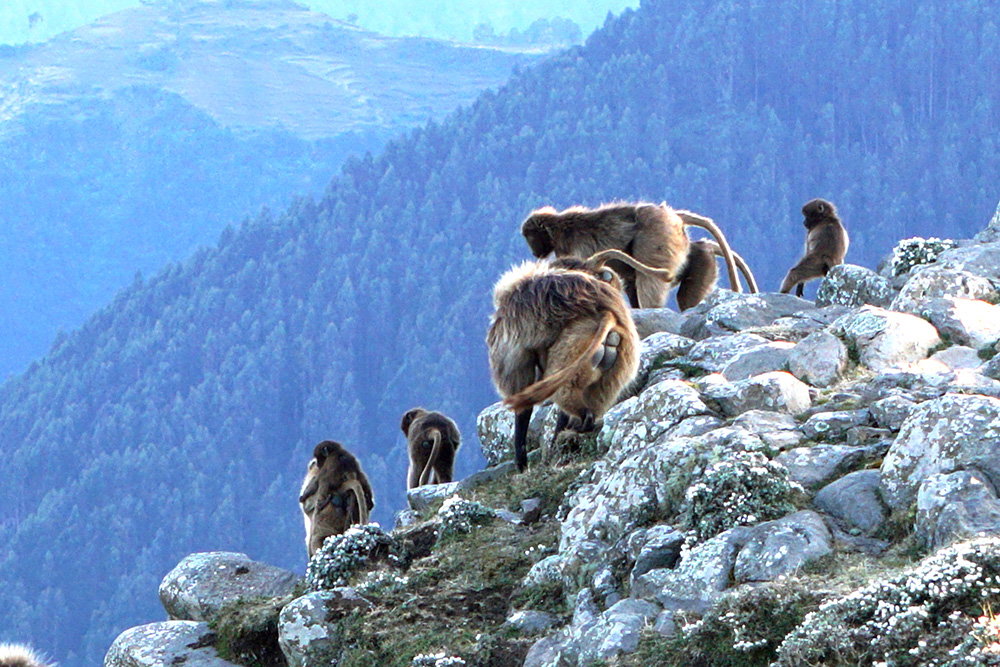
“Wof-Washa,” known as the “bird cave”, just 170 km northeast of Addis Ababa, is a natural treasure in Ethiopia.
Beyond the value chain: the next step in climate leadership

The path to reducing carbon is tough, but with leaders like you, change is possible. By aligning with the Science Based Targets initiative’s (SBTi) Net-Zero Standard, you’re not just acting responsibly; you’re leading by example. As it stands, fewer than 6,000 companies worldwide have made such a bold commitment. Are you ready to join them?
Women’s engagement at WeForest

Who runs the forest? Women!
WeForest joins the Global Mangrove Alliance

WeForest has become a member of the Global Mangrove Alliance (GMA), which brings together NGOs, governments, scientists, industry, local communities and funders with a common goal of conserving and restoring mangrove ecosystems.
Unravelling the differences: reforestation vs. restoration
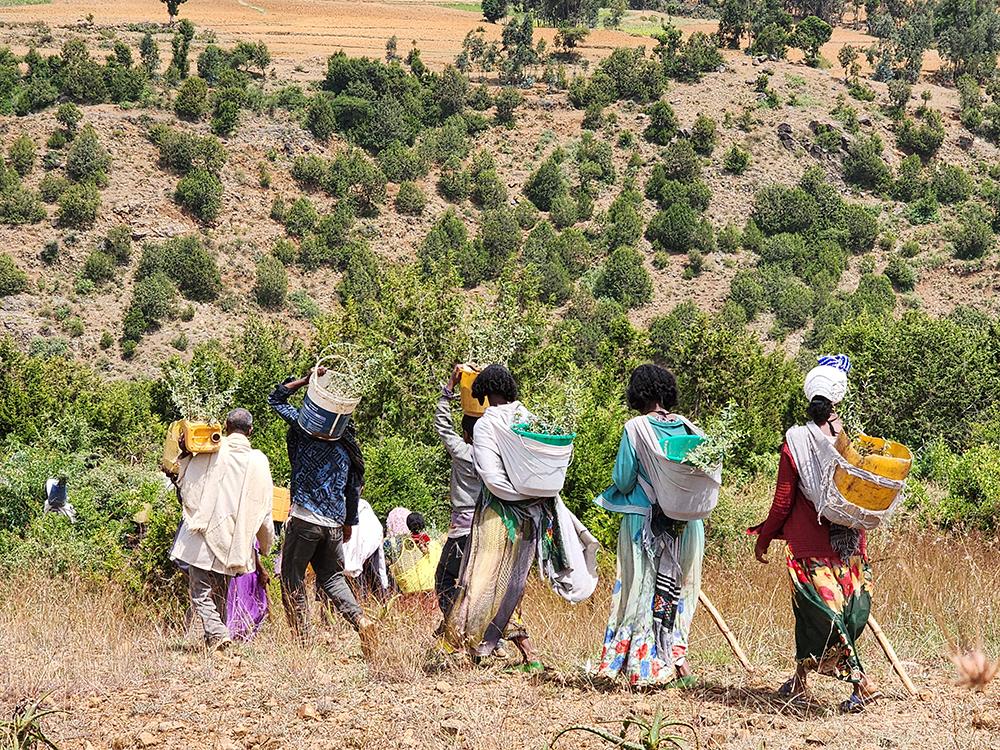
When it comes to preserving our planet’s natural ecosystems, the terms “reforestation” and “restoration” are often used interchangeably. In fact, while there is some overlap, they’re quite different – and WeForest’s approach encompasses both, and more besides.
A comprehensive guide to ESG reporting
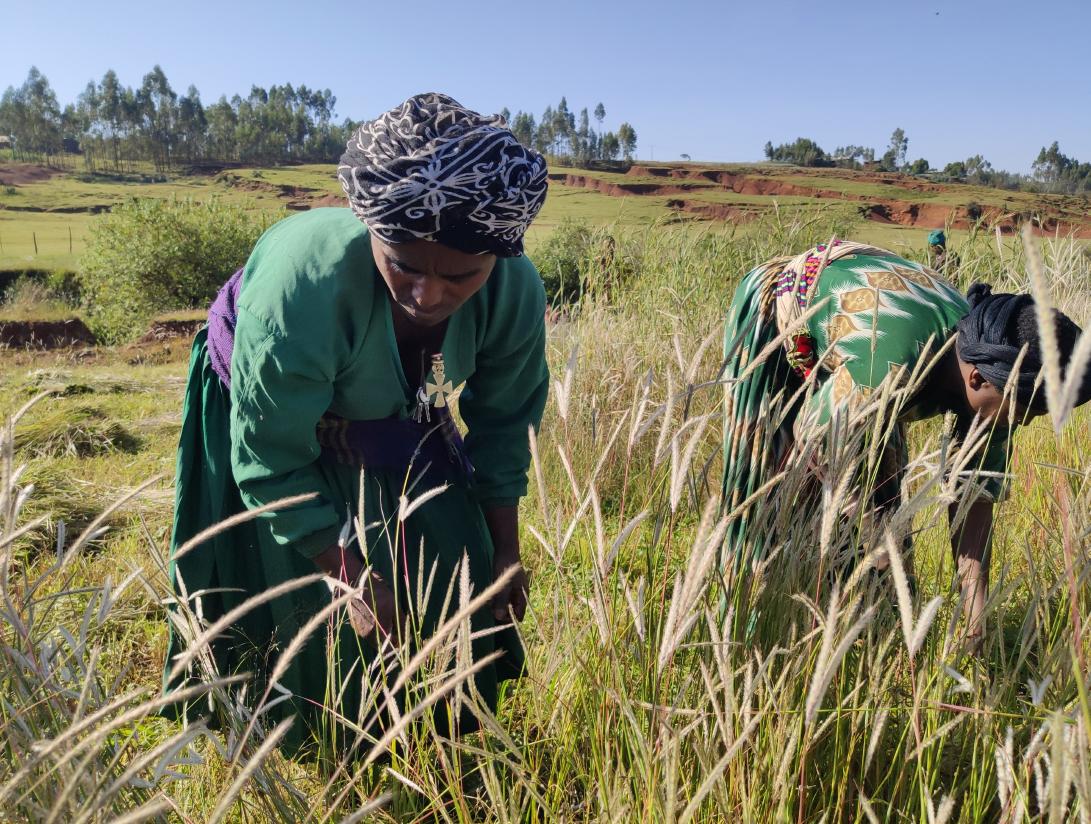
In today’s rapidly evolving corporate landscape, ESG (Environmental, Social, and Governance) reporting has become more than just a trend—it’s an imperative.
How can planting trees help reduce climate change?
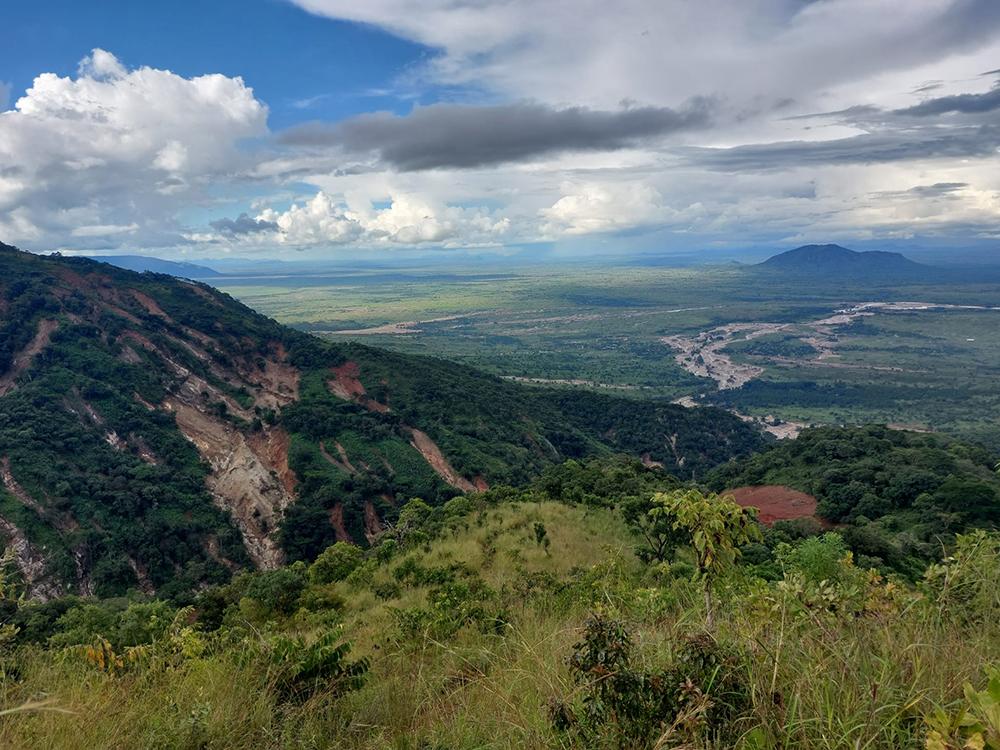
Only deep, rapid and sustained attempts to reduce greenhouse gas emissions can keep the planet from hitting 1.5°C and avoid the worst impacts of climate change, according to the latest IPCC Synthesis Report from the UN.
How we measure impact: Monitoring and Evaluation
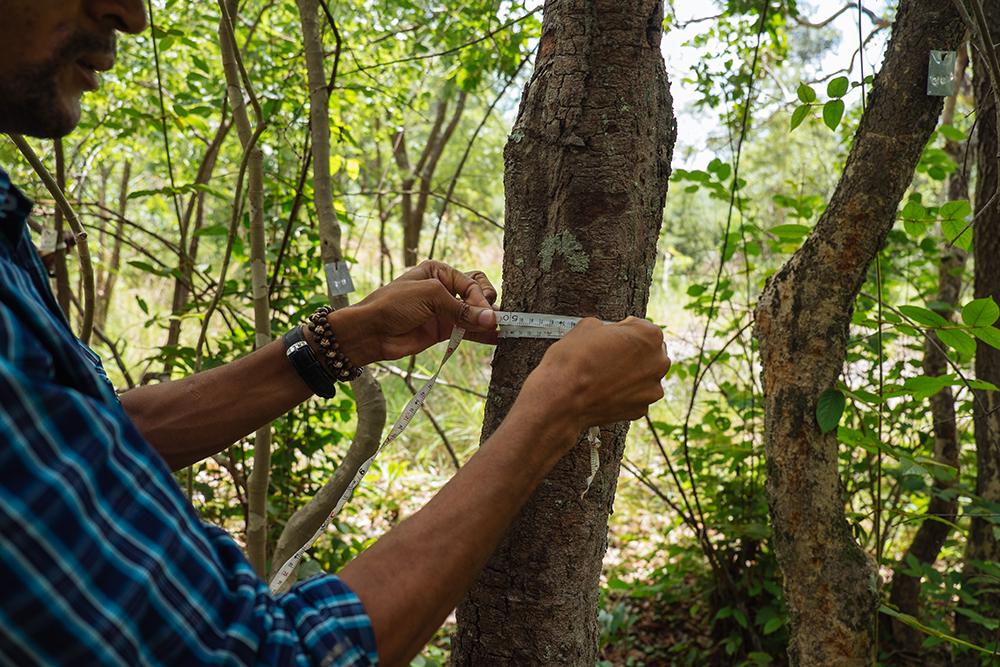
There’s an important topic in forest restoration that often gets overshadowed by the excitement of setting new records for the number of trees planted. The truth is, growing trees and nurturing new forests require ongoing attention and care: and that’s why monitoring and evaluating (M&E) activities play such a crucial role in ensuring the success of tree-planting initiatives.







